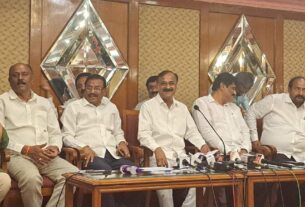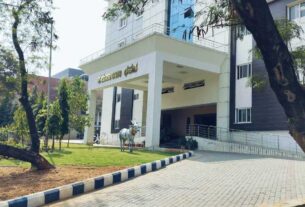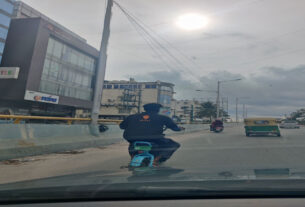The report was published by the National Environment Engineering Institute (NEERI) and suggested certain short and long-term measures for the rejuvenation of the Vrishabhavathi river.
No toll free number has been started by the Karnataka State Pollution Control Board (KSPCB) to complain of illegal dumping in Vrishabhavathi river as mandated by National Green Tribunal in its 2021 “Restoration and Rejuvenation of Vrishabhavathi River Valley,” report.
Once deemed sacred, the Vrishabhavathi river is now no less than a gutter. Various Public Interest Litigations (PIL) were filed in the Karnataka High Court for rejuvenation of the Vrishabhavathi river.
The National Environmental Engineering Research Institute (NEERI) report was published by the NGT in May 2021 following orders from the Karnataka High Court to survey the river and publish the findings.
Vinutha D.S. from Bangalore Water Supply and Sewerage Board (BWSSB)-Waste Water Management (WWM) department admitted that they don’t have any helplinefor the river.
According to the report, Vrishabhavathi Valley requires immediate restoration. The report says that there have been illegal discharges of effluents including domestic sewage to the whole course of the river. The river starts from Basavangudi and passes through areas like Peenya and Kumbalgodu, until it reaches Byramangala Lake in Ramanagar.
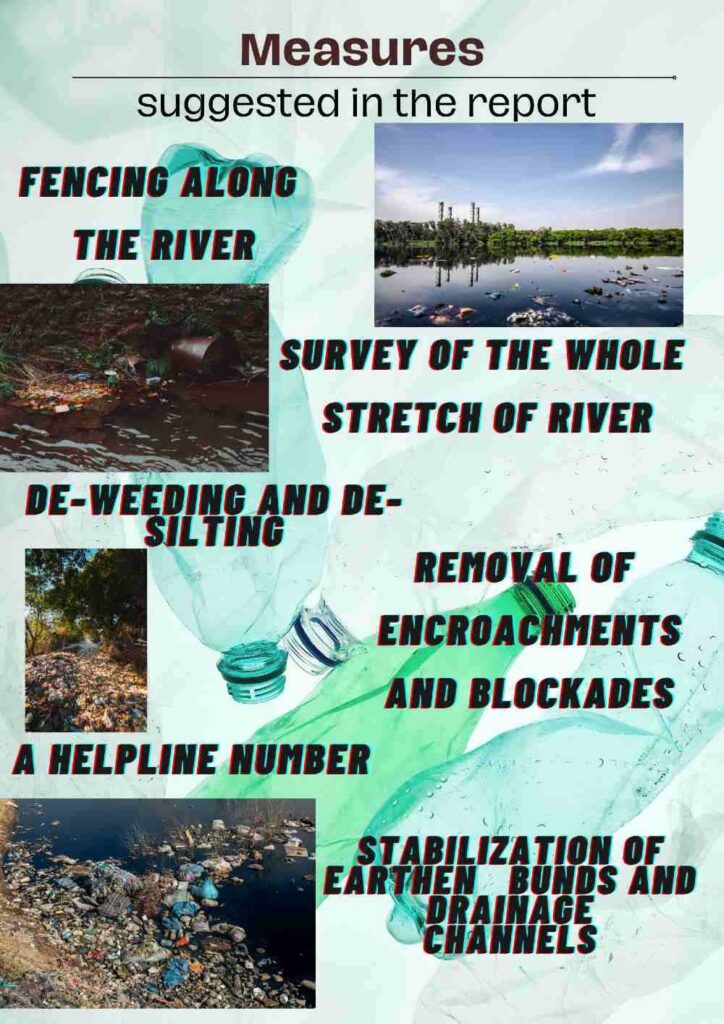
The effluents from these areas have deteriorated the river water quality and the quality of water in the existing lakes.
Over a period of time, this may also affect the groundwater quality in the whole area of Bengaluru as the river water interacts with the sediment which recharges the groundwater.
“We don’t have a helpline dedicated for Vrishabhavathi river or the V-Valley but we have an Integrated Command and Control Centre (ICCC) where people can complain about any kind of pollution, in general,” said Mr. Naveen, Deputy Environmental Officer (DEO) at KSPCB. Complaints can be made via email or through phone numbers started by KSPCB.
Vrishabhavati, is a tributary of Arkavathi that originates in Bengaluru near the Bull Temple in Basavanagudi and flows through major areas like Guddadahalli, Bapujinagar, Rajarajeshwari Nagar, Kengeri before it meets the Arkavathi near Kanakapura town. The river carries domestic sewage from Bengaluru city and industrial effluents from Peenya, Yeshwanthpura, Kumbalgodu, Bidadi and Harohalli Industrial areas.
Senior environmental officer, KSPCB, Dr. Shakuntala Bai said, “We conduct drives at regular intervals and in case of any complaints, we deploy our emergency response vehicles to clean out rivers.”
At present, there are four such vehicles available in Karnataka and are used in conducting cleaning drives.
Karnataka High Court in its 2021 order asked for a complete survey of the entire stretch of the Vrishabhavati river to prevent dumping of untreated waste water into the river.
“We conduct raids and checks on water-based industries and if a violation of rules is found or if untreated waste water or sewage is being released into the river, we impose ‘environmental compensation’ on the industries and if the violations continue, we go on to stop the power and water supply for those industries/ individuals,” said Mr. Shivakumar K V, environmental officer at KSPCB.
The report directed KSPCB “to take stringent actions against violating industries under Water (Prevention and Control of Pollution) Act, 1974 as well as Environmental Protection Act, 1986.”
Mr. Shivakumar K V said, “We have checked and shut down various industries that were violating rules by either directly dumping untreated water into the river or by discharging that water into storm water drains which ultimately open into the river and pollute it. We have shut down 13 such industries in the last six months under the (Water Prevention and Control of Pollution) Act.”
In July 2021, Karnataka government had pledged to spend Rs.1,500 crore for the cleaning up and rejuvenation of the Vrishabhavati river. The aim was to at least make the river water fit for irrigation and filling lakes.
The froth generated from the river Vrishabhavathi directly impacts the environment and ecosystem of Bengaluru, eventually deteriorating the groundwater and affecting the health of people. Food produced in the valley is therefore also affected along with fodder for cattles.
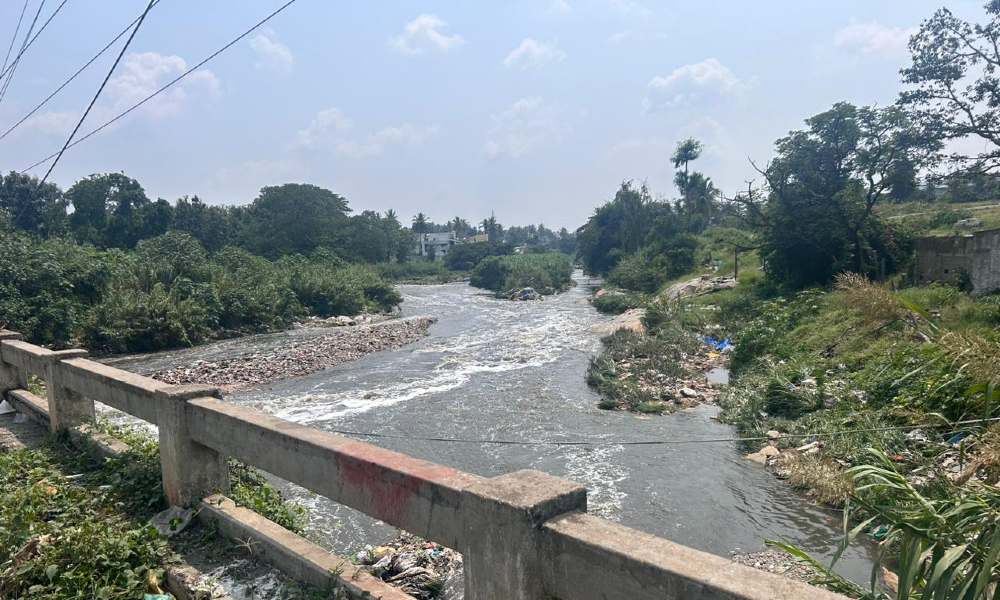
A resident of Kumbalgodu, Suresh, said that residents of the area use the water of the Vrishabhavathi river to water their crops and he said that people believe that they don’t have to use fertilizers in their crops because of the effluents present in the river water. Mr. Naveen, environmental officer at KSPCB said, “Every month we collect 10 samples regionally, around Rajarajeshwari Nagar and all these samples have consistently been the E category-which is the worst category of contamination.”
However, Peenya Industries Association(PIA) president, R. Krishnamurthy countered the claims of industries in the area discharing metal and effluents into Vrishabhavthi and said “ It is very easy to pin the blame on industries for causing pollution. We have a water and drainage system in place. The pollution control board has taken action against those discharging untreated industrial waste. Though there is no common treatment plant, industries have their individual plants,” he clarified.
A research paper on the Vrishabhavathi river published by Bangalore University suggests that “the main source of pollution in the river is the flow of industrial effluents from the industries and also domestic sewage. The contamination is also through commercial establishments such as hotels, meat stalls, salons etc. thus making it useless for utilization. To counteract the quality aspects, defluoridation tanks, adequate treatment plants, relaying of distribution pipe networks, de-silting of tanks may solve the problem.”


